Are Male Cats More Affectionate & Loving Than Female Cats?
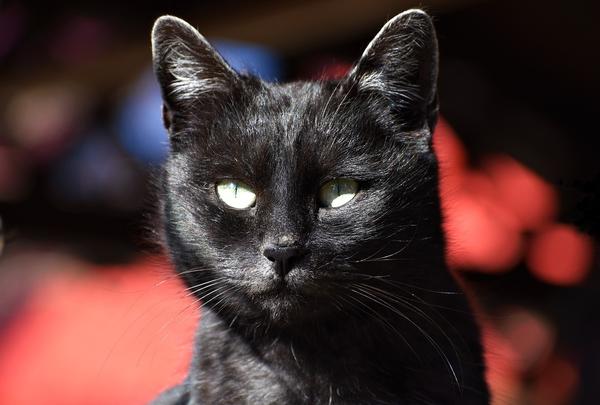
Are you confused about whether male cats are more affectionate than females?
I understand.
It's not always easy to decipher the secret language of our furry friends.
You might find yourself scratching your head, wondering why Mr. Whiskers is such a snuggle bug while Miss Fluffy prefers to keep her distance.
But fear not, dear reader! 😺
I promise to shed some light on this feline mystery.
So, sit back, relax, and let's unravel the enigma together.
Let's dive into the fascinating world of cat affection!
Are Male Cats More Affectionate Than Female Cats?
The level of affection in cats is not determined by their gender. It is primarily influenced by their socialization, experiences, and individual personality. There is no scientific evidence supporting the claim that male cats are more loving than females.
Let's settle this old argument, are guy cats really cuddlier than girl cats? 😀
Here's the scoop.
Listen up, my friend, because it's all about one thing: socialization.
Cats who have received lots of love and attention from humans since they were little tend to be more affectionate.
And guess what?
It doesn't matter if they're boys or girls.
Before we jump to conclusions, I want to bust a myth for you - there is ZERO scientific proof that male cats are automatically more loving than females.
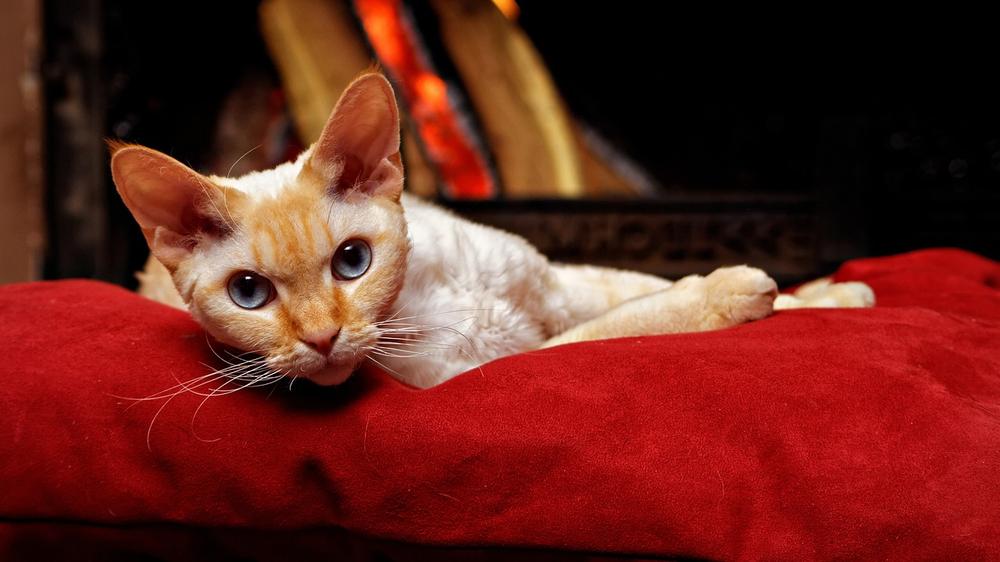
Sure, people say female kitties can be moody and distant.
But it's not that straightforward.
So many factors come into play when measuring a cat's snuggle level. Their personality, their experiences, even the environment they grew up in can impact how much they like to cozy up with you.
Honestly, it's hard to definitively say whether males or females are more affectionate.
It all boils down to your furball's unique purr-sonality.
Well, here's the thing...
While socialization plays a crucial role in a cat's level of affection, there are other factors to consider.
But guess what?
Neutering and spaying can also play a significant role in shaping a cat's behavior and affection levels!
Are Male Cats More Affectionate After Neutering?
Let's talk about neutering male cats and how it can amp up their affection for you.
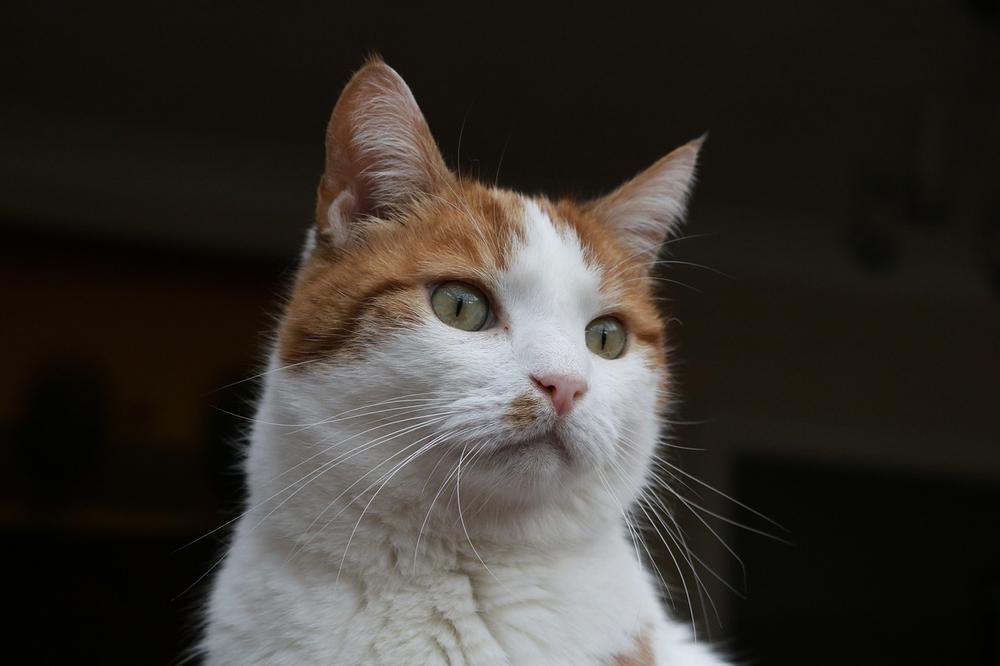
Before we dig deeper, though, let me explain what neutering is all about.
It involves surgically removing a cat's testicles to stop them from making little copies of themselves.
Now that we're on the same page, let's get back to the lovey-dovey stuff.
- Neutering your tomcat can dial down his territorial and aggressive tendencies, which means he'll be more snuggly with humans and other furry pals.
- If you've got a lady cat, getting her spayed can also affect her behavior and affection levels. Unspayed males are known for being extra loving, but they can turn into grumpy McGrumpersons during mating season.
- When female cats are in heat, they might not show as much affection. On the flip side, male cats might become even clingier.
- Neutered males are usually super cuddly and less likely to mark their territory by spraying urine. That's a win-win for keeping your home tidy!
- Both male and female cats tend to become more affectionate after they've been fixed, but this change is more noticeable in females. Yup, ladies step to the front here.
- Female cats can go into heat multiple times a year, totally messing with their demeanor and reducing their affectionate behavior. Tough luck for the dudes!
- Cats who haven't been "fixed" yet are typically playful and affectionate. Unfixed gals are less likely to spray and can handle being alone for longer stretches.
- It's strongly recommended to have cats neutered or spayed when they're young and socialized. This fosters loving behavior and positive responses to training.
So, if you're looking for some serious kitty love, getting your fluffball fixed is definitely the way to go, whether they're a boy or girl.
Are Male Cats More Clingy?
There is no scientific evidence to support the idea that male cats are more clingy than female cats.
It all depends on each cat's personality and individual preferences.
When it comes to seeking comfort, male cats often find solace in sleeping next to you.
They enjoy your presence for the warmth and reassurance it provides.
Just like people, cats have their own unique affectionate nature, which isn't related to their gender.
Some cats crave constant attention and will follow you all day long.
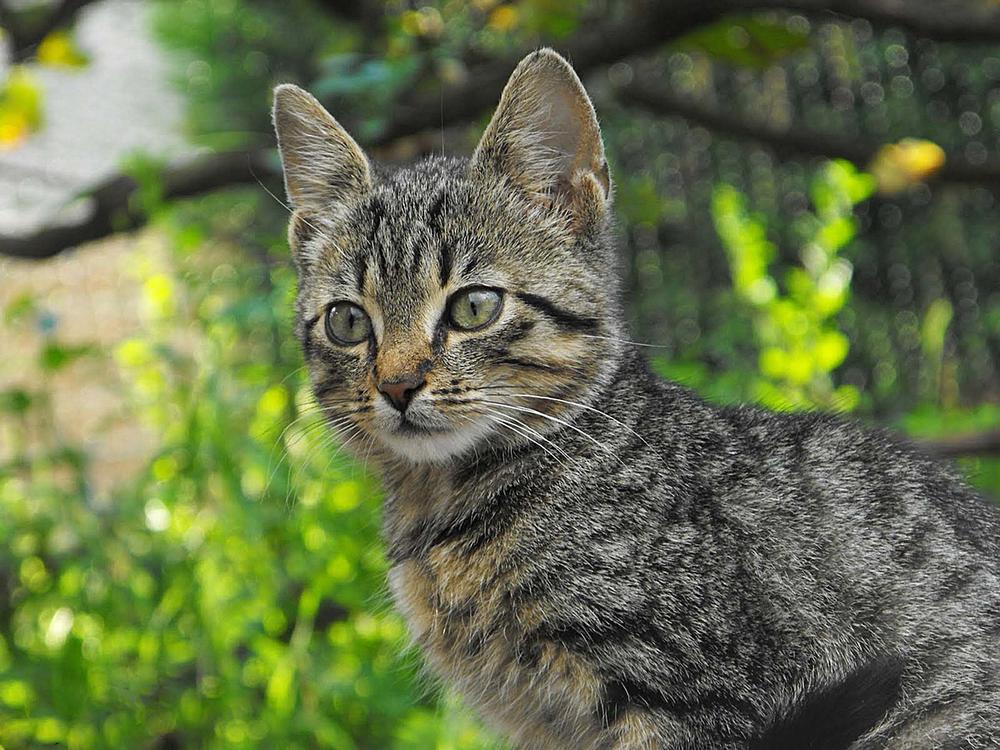
Others prefer their independence and only seek affection on their terms.
Respect and understand your cat's boundaries.
Unfortunately, there's no definitive answer to the debate on clinginess between male and female cats.
Each cat is an individual with their own preferences for physical proximity and attention.
As a cat owner, appreciate and value your feline friend's unique personality and cater to their needs accordingly.
And here's something interesting I've observed about both male and female cats...
They can often develop possessive behaviors towards their owners!
This often happens when a strong bond is built over time through consistent care and attention.
Are Male Cats Possessive of Their Owners?
Cat possessiveness is a common trait observed in both male and female feline companions. This behavior arises from the strong bond formed over time, nurtured by continuous care and attention. Cats possess an innate ability to display unwavering loyalty towards their human counterparts and can even exhibit protective tendencies when it comes to their beloved owners. Through consistent interaction and adequate nurturing, these exceptional creatures can demonstrate acts of love and devotion that leave us in awe.
Cat possessiveness is just one fascinating behavior displayed by our feline friends.
However, it's the mysterious tendencies that make us wonder why our male cats may try to mate or hump with other males.
To shed some light on this intriguing phenomenon, you can dive into a blog post I wrote about understanding and addressing this behavior.
If you're as curious as I am about why male cats exhibit such behaviors, you'll find all the answers in my article Will Male Cats Try to Mate Hump With Other Males.
Join me on this exploration and discover possible solutions that will help you and your feline companion navigate this unique aspect of their nature.
Do Male Cats Prefer Female Owners?
Do male cats really prefer female owners? 😺
Let's dig into this interesting topic.
Here are a few things you should know:
- Cat preferences vary: The idea that male cats automatically prefer female owners is not entirely true. Every cat has its own unique personality and can form bonds with any gender.
- Experiences matter: Your cat's preference for an owner is influenced by their past experiences and interactions with humans. It's not solely based on gender.
- Primary caregiver matters: During a cat's early development, the bond they form with their primary caregiver plays a significant role in their preferences. So, it's more about who raised them rather than their gender.
- Outgoing women and energetic male cats: A recent study found that outgoing women often share a special connection with young, energetic male cats. But it doesn't mean other combinations can't have a loving relationship.
- Women and stronger connections: In general, women tend to develop stronger connections with cats compared to men. They are more likely to initiate contact and show affection.
- Female cats prefer other cats: Female cats often show a preference for other cats, driven by their maternal instincts. So, if you have another cat at home, your female cat might enjoy their company.
These findings are not definitive rules.
Each cat is unique, and love knows no boundaries. Male cat owners can have an equally strong bond with their furry friends as female cat owners.
And it gets interesting...
Let's talk about scratching behavior in male cats.
Find out why unneutered males tend to exhibit more aggressive scratching tendencies and how they use scratching to assert dominance and mark their territory...
Do Male Cats Scratch More Than Females?
Do male cats really scratch more than females? 😼
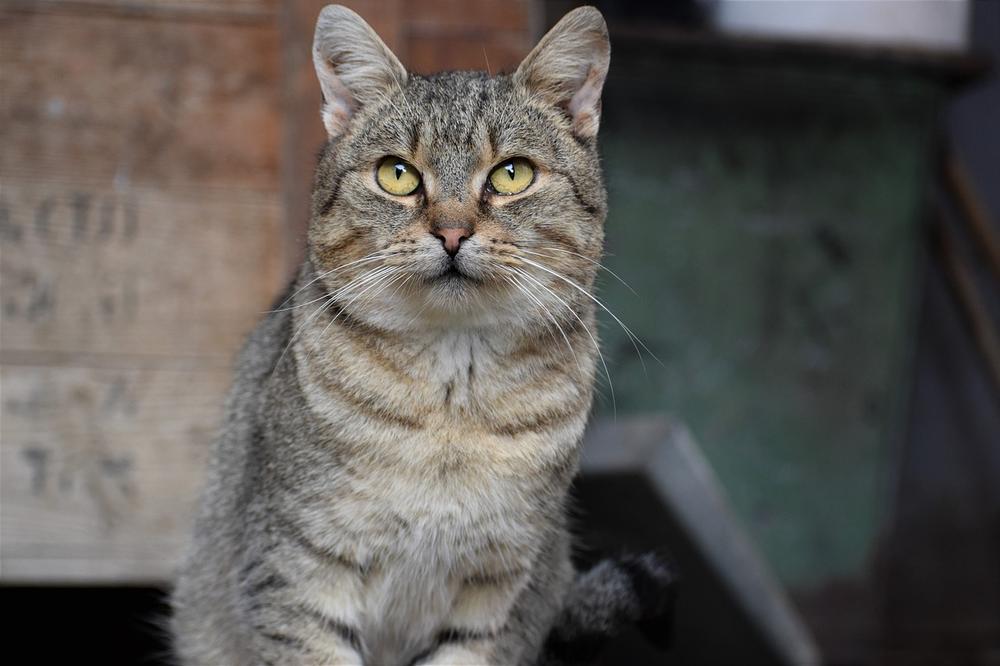
Well, here's what you need to know:
- Territorial marking is a common behavior among unneutered male cats. They scratch furniture, walls, and even your favorite pair of shoes to establish dominance and mark their territory.
- Male cats tend to exhibit more aggressive scratching tendencies in their effort to assert dominance. So, if you're constantly finding scratch marks on your fancy couch, blame it on your male cat's territorial instincts.
- Scratching is also a way for male cats to release built-up energy, especially if they are kept indoors most of the time. Regular exercise and playtime can help redirect their scratching habits to more appropriate surfaces.
- Neutering male cats can help reduce their desire to mark territory excessively. They may still scratch, but it will likely be less frequent and intense.
- While scratching behavior can vary among individual cats, providing suitable scratching posts and surfaces can give them an outlet for their natural instinct without damaging your belongings.
- Remember, cats scratch not only to mark territory but also to stretch their muscles and keep their claws healthy. It's essential to provide them with different textures and materials to fulfill their physical and mental needs.
Understanding why male cats scratch more can help you address this behavior and minimize any unwanted damage.
So, make sure to provide them with plenty of scratching options and show them some love!
What Else Impacts Affection in Cats?
Here's the lowdown on what affects a cat's affection for you:
- Making their environment engaging: Toys, climbing structures, and interactive playtime are key when it comes to bonding with your cat. These activities help build trust and strengthen your connection.
- Personality and socialization rule: Forget about gender; it's all about a cat's personality and how they were socialized. Genetics and early interactions shape their unique character.
- Kindness goes a long way: Cats have good memories for kindness. They create a "contract" with their owners to figure out the level of affection they'll give in return. Building relationships with cats means respecting boundaries and forming bonds, no matter the gender.
- Heat and pregnancy bring changes: Female cats may get extra affectionate during heat, and pregnant cats seek closeness during early pregnancy. It's important to understand their limits and provide cozy spaces. This is especially crucial for expecting or rescue cats.
- Read their body language: Male cats tend to be more accepting of new family members and pets. To connect with them, it's essential to grasp their body language. Kittens benefit from early socialization to become friendly, regardless of their gender.
- Different breeds, different affections: Some cat breeds like Siamese, Maine coons, and ragdolls enjoy "you time." Each breed has its own tendencies when it comes to showing affection.
In a nutshell, daily engagement, games, toys, and activities are vital for building a strong bond with your feline friend.
Put in the effort, and you'll reap the rewards of a loving relationship.
Male Cats and Affection: Final Thoughts
Key Takeaways:
- There is no scientific evidence to support the belief that male cats are more affectionate.
- Female cats often have a reputation for being moody, aloof, and standoffish.
- Spaying can impact a cat's behavior and affection levels.
- Neutered male cats are generally more loving and less likely to spray urine.
- Spayed or neutered male and female cats tend to have similar levels of affection.
- Female cats can go into heat multiple times a year, affecting their demeanor.
- Unfixed males tend to be playful and affectionate, while unfixed females are less likely to spray.
- Sleeping next to you provides male cats with security and comfort.
- Cats can become extremely loyal and protective of their owners.
- Women generally develop stronger connections with cats compared to men.
- Gender does not significantly affect a cat's affection towards their owner.
- Factors such as personality, socialization, and sexual health are more influential.
- Each cat has its own unique personality influenced by genetic variations and early interactions.
- Affectionate cats require socialization, respect for boundaries, and bonding.
- Understanding each cat's boundaries and providing cozy spaces is vital.
And that wraps up today's article.
If you wish to read more of my useful articles, I recommend you check out some of these: Why Do Cats Purr and Knead, Cat Sleeping Next to a Litter Box, Why Do Cats Lift Their Bum When You Pet Them, Do Older Cats Purr More, and Why My Cat Humps Me
Talk soon,
-Sarah Davis